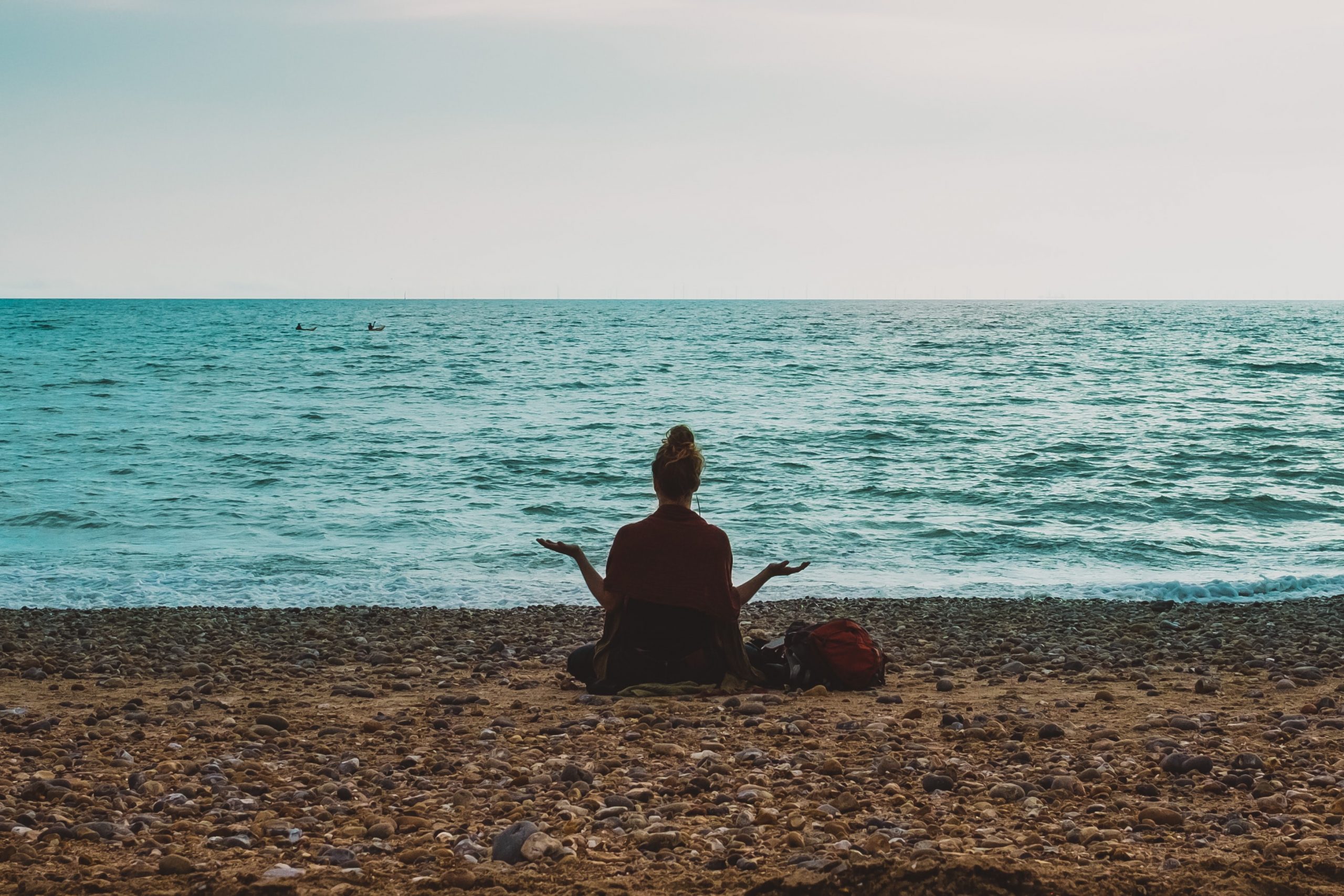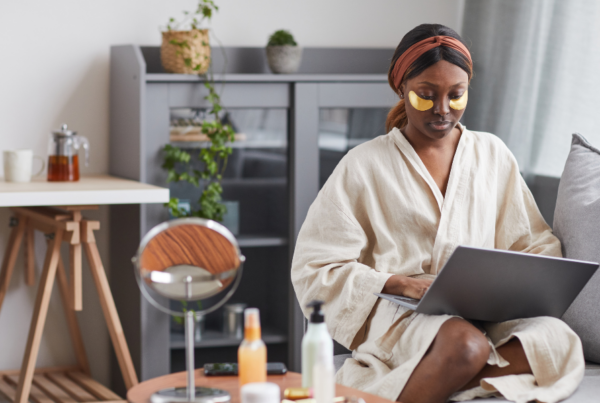The fight-flight-freeze response is necessary for survival. It keeps us from doing things that are detrimental to our safety and helps us escape dangerous situations. But when FFF goes on too long (like during a worldwide pandemic, for example), even the most easy-going among us can find it hard to cope.
If you’re feeling tired, anxious, and fed up after months of isolation, you’re not alone. Although quarantine is meant to keep you from getting sick, you might find that an unexpected consequence of all this alone-time time is that you feel worse than ever.
Many people report troubling physical and mental symptoms that were not present before the coronavirus outbreak. Could your mental breakdown really be coming from the stress of recent months?
Experts say yes. It’s called crisis fatigue, and it’s a very real thing. When an emergency becomes ongoing and we experience multiple stressors over a long period, chemicals like adrenaline and cortisol can wreak havoc and cause all manner of unpleasant symptoms.
While you can’t control the overall situation, you can regain some sanity over your own little corner of the world. It won’t take long, either. Try using a few of our tips for keeping calm during quarantine, and you can start feeling better as soon as today.
Drink Some Water
Yep. It helps. And it’s the simplest tip on our list to implement. Chronic stress can cause dehydration and exacerbate anxiety, depression, and panic attacks. Our bodies need water for functioning, and even more so during times of turmoil. Fatigue, muscle aches, brain fog, and headaches can all be attributed to lack of water.
If plain water doesn’t cut it for you, try infusing it with berries, cucumber, lemon, and other flavorful additions. Seltzer and sparkling water are good choices, too. You may be surprised at how much better you feel after downing a big glass of H2O.
Move Your Body
If there’s one thing we discovered during quarantine, it’s that when we said we would start working out when we had more time, we were not being honest with ourselves. If months of comfort food and binge-watching have taken their toll, you are definitely going to feel it.
You already know that exercise is good for you, but if you need another reason to get off the couch, research has shown that even a twelve-minute walk can boost your mood.
Cultivate Your Green Thumb
If walking is not your thing, maybe nurturing plants is. Gardening has benefits well beyond beautifying your property or growing vegetables. It contributes to mental focus, works your muscles, improves heart health, exposes you to vitamin D, and yes—decreases anxiety.
If you don’t know where to begin, look for online resources for aspiring or beginning gardeners. And if you’re worried about costs, don’t be. Growing things in your backyard doesn’t need to be expensive, and there are plenty of cheap gardening ideas to get you started.
Make Some Extra Dough
We disagree with the adage that “money doesn’t make you happy,” and we suspect many unemployed people feel the same right about now. If your anxiety revolves around financial concerns, taking concrete steps to make money at home might alleviate some of your stress.
There are many ways to start earning at home. You can create a blog, get a remote job, learn affiliate marketing, and more. You can even share your opinion and get paid for surveys. You probably won’t strike it rich, but actionable steps to solve your problems can feel much more empowering than doing nothing.
Make Your Home or Room Your Happy Place
Quarantine is stressful, but being stuck 24/7 in a place that makes you uncomfortable can take a toll. If your surroundings are doing nothing to improve your mood, now is the perfect time for an overhaul. First, turn off the news and turn on some tunes you love.
A clean space is a calm space, so start by organizing your belongings and getting rid of the clutter. Then, add some items that help you feel peaceful and serene. Of course, this will depend on what makes you feel happy, but for some, it’s candles, soft throw-blankets, fresh flowers or plants, or photos of loved ones.
Get Mindful With Meditation
If you’ve never experienced the benefits of meditation, now is the perfect time to experiment with this super-easy practice. Many people don’t try meditation because they don’t what it’s about, but at its core, meditation is simply taking some time out to do absolutely nothing but breathe.
Yes, there are advanced forms of meditation that are deeper and more complex, but nevermind all that. If you can train yourself to sit in one spot and practice deep breaths for a few minutes a day, we promise you will never be the same. If you don’t know where to begin, there are dozens of free meditation apps that can help you get your zen on.
Release Your Inner Child
Kids are naturally resilient, and many seem to be handling quarantine better than most adults. If you want to know why, open your eyes. They are carrying right on with all the fun things they’ve always done, while you’re worrying about things you can’t control.
Unburden yourself of the day’s stresses and pick a fun activity that wouldn’t normally do. Ride a bike, bake cookies, color a picture, play with clay, sing out loud, play dress-up, watch Disney movies. Whatever makes you happy, do that. You might feel foolish, but you’ll definitely feel better.
Ask For Help
If you’ve tried some of these relaxing activities and it’s just not helping, or worse—you’re too upset even to consider starting them, it’s time to ask for some help.
Humans are not meant to be alone, and many people have spent so much time by themselves in quarantine they’ve forgotten that it’s okay to request a favor. If you have depression that goes beyond normal sadness, don’t be afraid to reach out to a friend or neighbor and ask for help. Even if it means you enjoy a cup of coffee over a virtual visit, breaking the isolation barrier is vital.
Of course, some people have the opposite problem. Months of family togetherness while trying to work from home, eat, play, sleep, and go to school all in one place has taken its toll. If you’ve reached dangerously high frustration levels, let someone know. Maybe you just need to vent or work on a plan for some alone-time before your self destruct.
Of course, if you feel hopeless or you have thoughts of suicide or self-harm, you should contact your physician or a helpline immediately.











